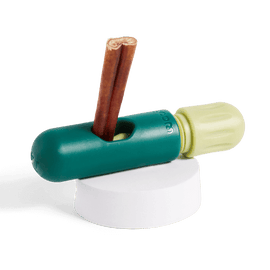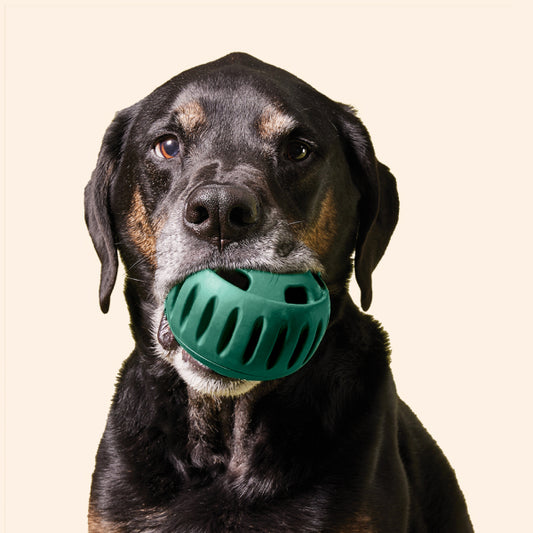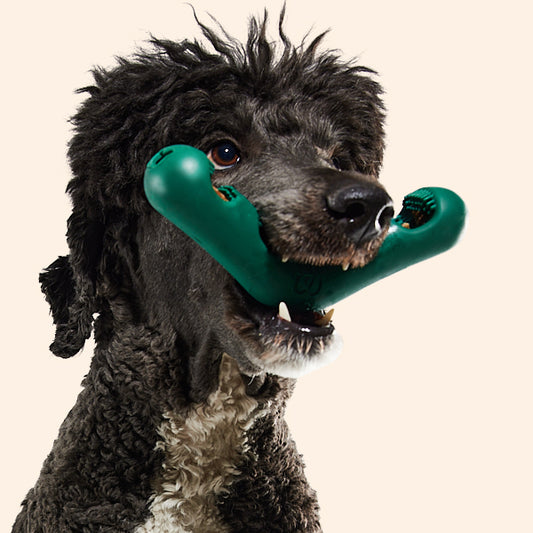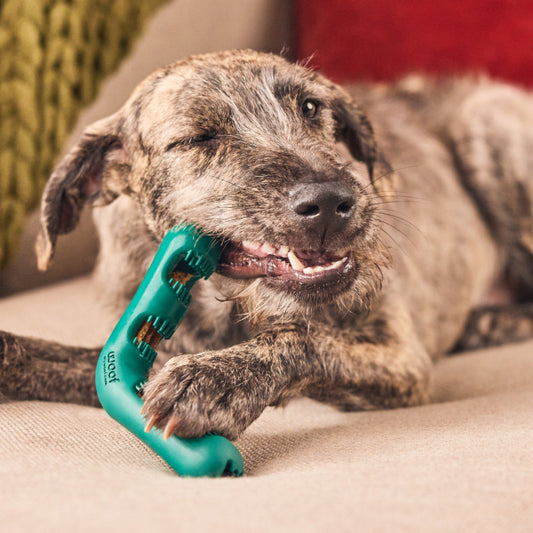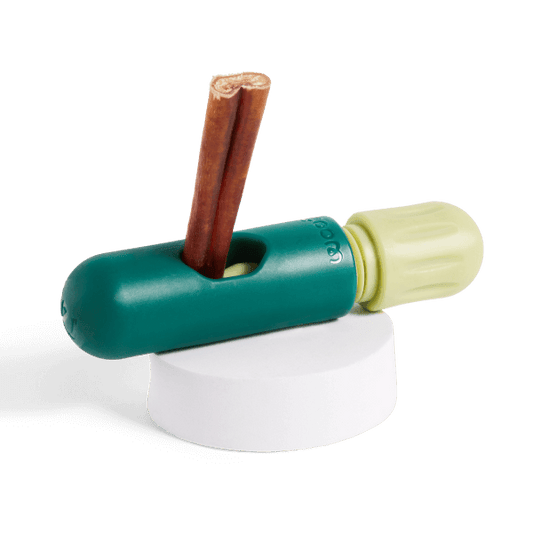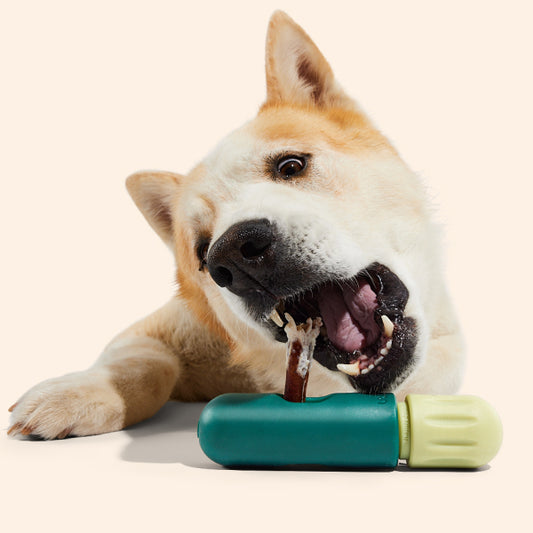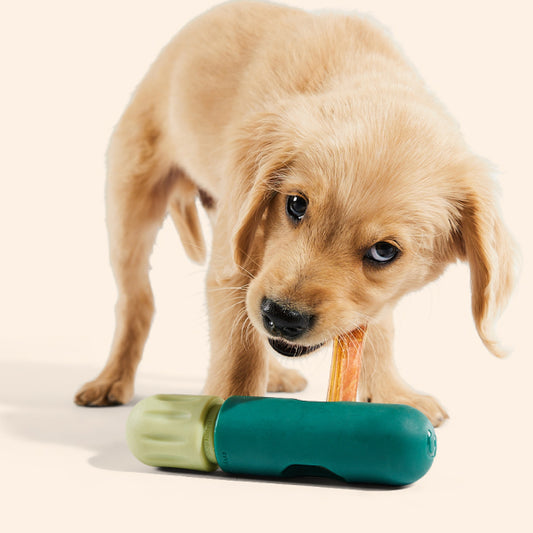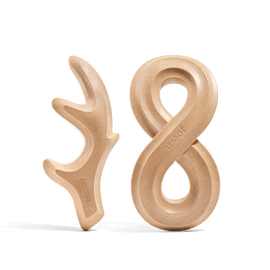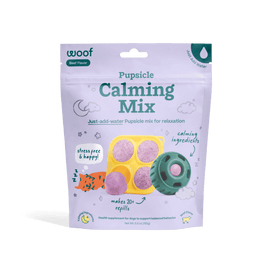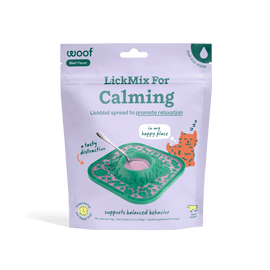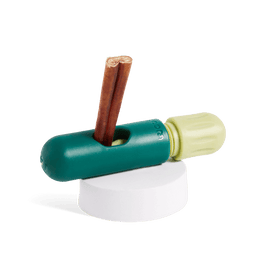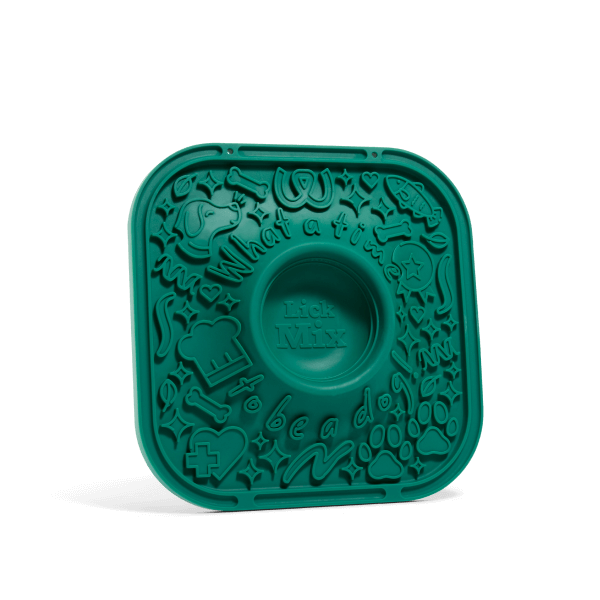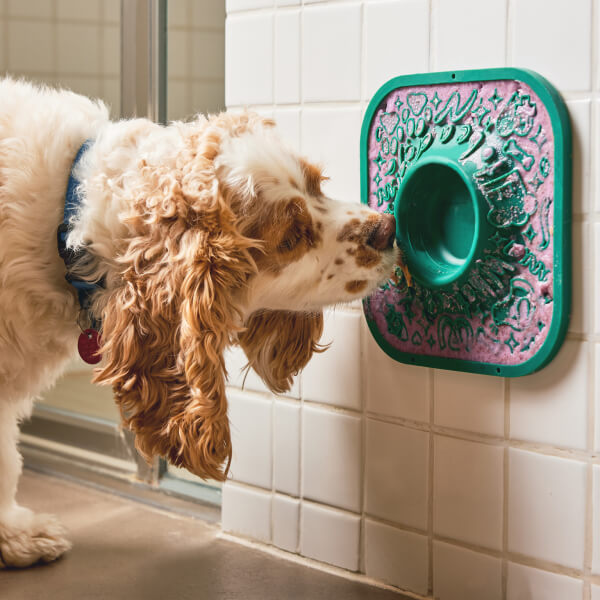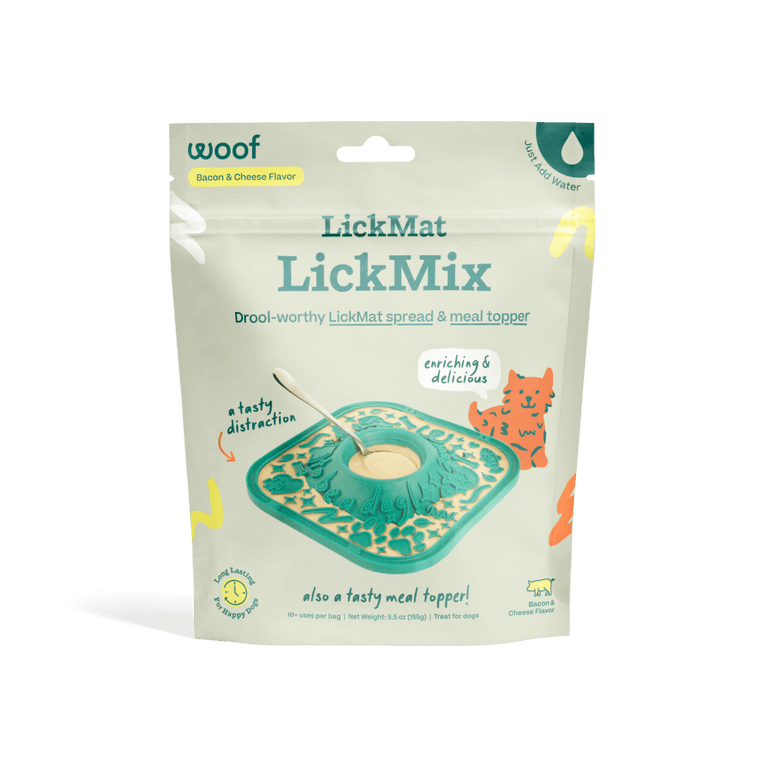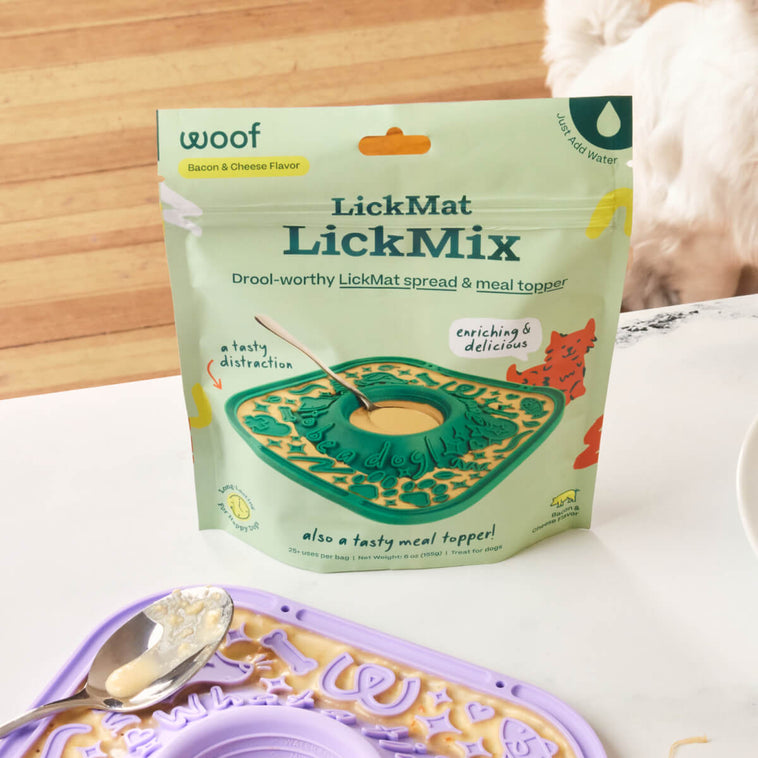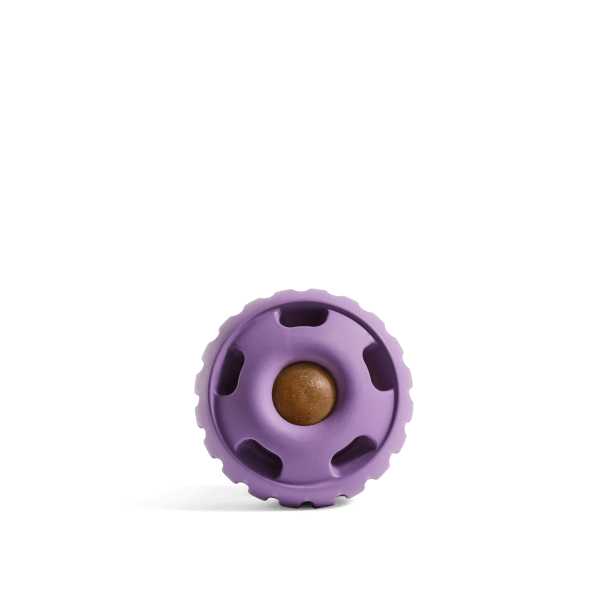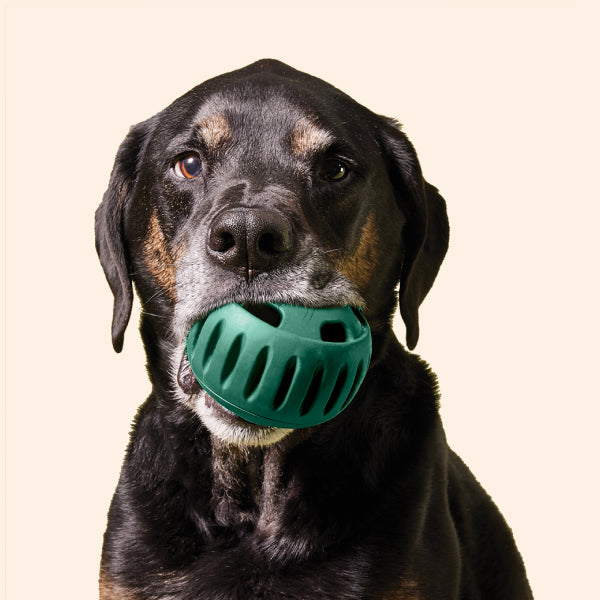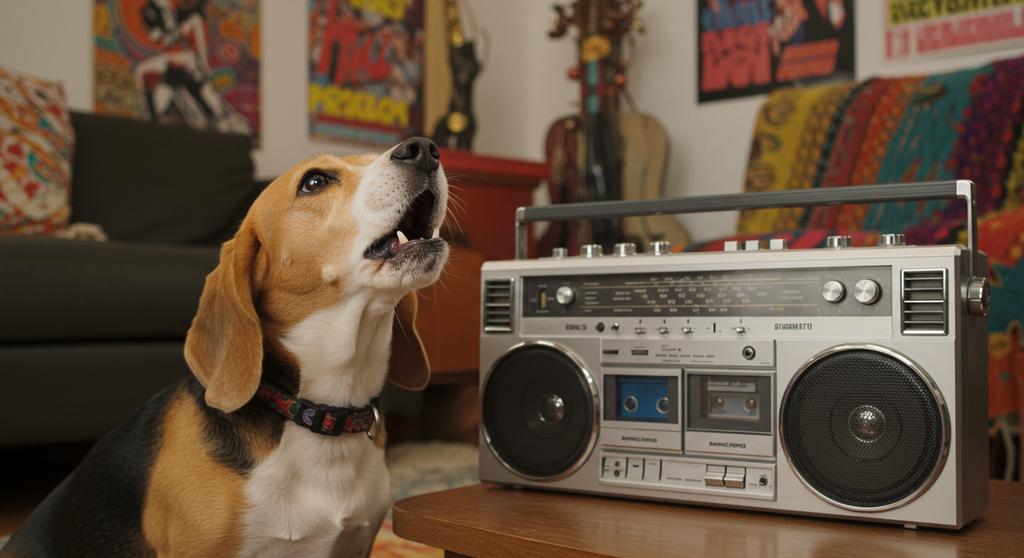
If you've ever cranked up your favorite tune only to have your dog join in with a soulful howl, you're not alone. Many dog owners have experienced this curious behavior, but what does it mean? Let's explore the reasons behind your dog's musical accompaniment.
1. Auditory Sensitivity and Pitch Perception
Dogs possess a keen sense of hearing, capable of detecting frequencies beyond the human range. This heightened sensitivity means that certain musical notes, especially high-pitched ones, can resemble the howls of other dogs. When your dog hears these sounds, it may instinctively respond by howling in harmony.
2. Ancestral Instincts
Modern dogs retain many behaviors from their wild ancestors, including wolves. In the wild, wolves howl to communicate with their pack. This instinctual behavior is still present in domestic dogs, and they may howl in response to sounds that mimic wolf howls, such as certain musical tones.
3. Emotional Resonance
Dogs are highly attuned to human emotions. If a piece of music evokes a strong emotional response from you, your dog may mirror that emotion by howling. This empathetic behavior strengthens the bond between you and your canine companion.
4. Seeking Attention
Sometimes, dogs howl at music simply to get your attention. If they notice that howling leads to a reaction from you, whether it's laughter, petting, or a treat, they may continue the behavior as a way to engage with you.
5. Breed Characteristics
Certain breeds are more predisposed to howling. Breeds like Huskies, Beagles, and Alaskan Malamutes have a natural inclination to vocalize, including howling. If you have one of these breeds, their musical howls may be more frequent and pronounced.
6. Associative Learning
If your dog has had positive experiences associated with music, such as playtime or treats, they may associate the sound with good things and respond by howling. This learned behavior reinforces the connection between music and positive outcomes.
7. Calming Effects
Interestingly, some dogs find certain types of music calming. Classical music, in particular, has been shown to reduce anxiety in dogs. If your dog howls at these soothing melodies, it might be a sign of contentment rather than distress.
8. Social Bonding
Howling can serve as a form of social bonding. If your dog howls in response to music, it may be their way of participating in a shared activity with you. This communal behavior fosters a sense of connection and belonging.
9. Expressing Discomfort
While howling is often a sign of engagement, it can also indicate discomfort. If your dog howls at certain types of music, it might be due to the volume, frequency, or tone that causes them unease. Observing their body language can provide additional clues.
10. Environmental Factors
External factors such as sirens, alarms, or other high-pitched noises can trigger howling in dogs. If these sounds coincide with music playing, your dog might be responding to a combination of stimuli.
Understanding why your dog howls at music can enhance your relationship and help you create a more harmonious environment. If you're looking to enrich your dog's experience and provide them with engaging activities, consider exploring Woof's range of products designed to stimulate and entertain your canine companion.
For instance, The LickMat offers a fun way to slow down mealtime and provide mental stimulation. Pair it with Bacon & Cheese LickMix for an extra treat. If your dog enjoys frozen treats, The Pupsicle is a great option to keep them cool and satisfied. Don't forget to check out the Bundles Collection for more exciting products that cater to your dog's needs.



